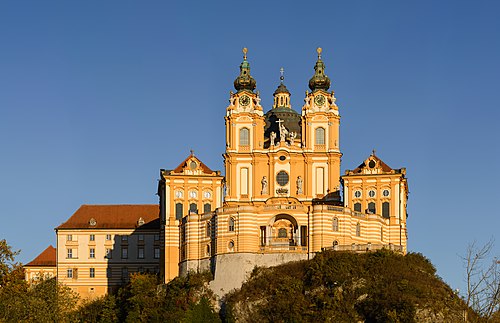
KANSAS CITY, MO — Tragedy struck in a local barbershop today, as a man realized just 45 seconds into getting his haircut that he had already run out of all conversation topics.
Read More
KANSAS CITY, MO — Tragedy struck in a local barbershop today, as a man realized just 45 seconds into getting his haircut that he had already run out of all conversation topics.
Read More
TORONTO — One of the largest and riskiest investments paid off late Saturday night, as the Los Angeles Dodgers successfully purchased their second World Series victory in as many years.
Read More